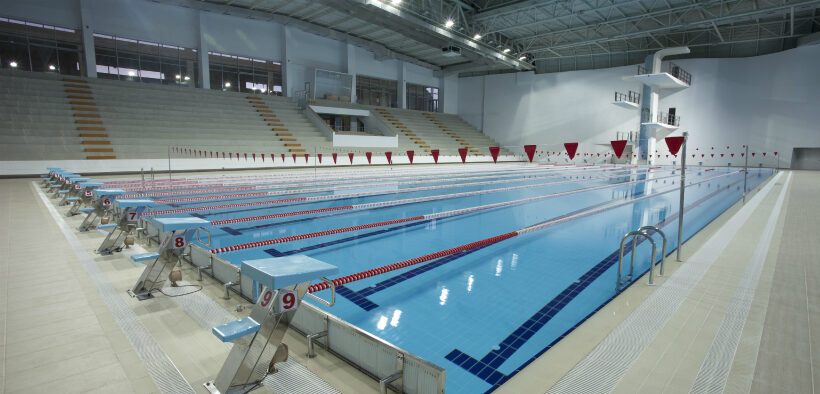A question has been floating around in my head since I started teaching college students: are we supposed to act like swimming instructors or Olympic coaches? The analogy is not as odd as it might seem at first. Don’t we talk about whether students “sink or swim” in our courses, or how well they learn to “navigate the waters” of our subject areas?
Related Articles
I have two loves: teaching and learning. Although I love them for different reasons, I’ve been passionate about...
Geniuses are inherently fascinating. The notion that a lucky few have innate abilities to push the boundaries of...
Teachers focus on developing students’ conscious learning and understanding of concepts, but there is a whole other dimension...
While much of online learning occurs through discussion board conversations, it can be challenging for students to offer...
“Why does my edition of Hamlet read ‘O, that this too, too sullied flesh would melt,’” my student...
After all, nearly every large language model (LLM) is good at summarizing readings, synthesizing large amounts of data...
In 1906, Francis Galton was visiting a livestock fair when he stumbled upon an interesting contest. Local villagers...










2 Responses
There’s another way to square this circle. When I swam with a master’s group for my triathlon training, we had a poolside mantra: practice makes permanent. What many folks don’t realize is how much time and effort the experts spend on the basics. In swimming, this means lots and lots of drills and form training. It’s not fun. Certainly, we’d rather be racing against each other and otherwise competing. But the rigors and necessity of “deliberate practice” are just as applicable to novices as they are to experts.
I also love this coaching metaphor. I predominately teach senior level courses in a clinical based program where students must be able to perform specific tasks to a minimum standard before passing. I find a number of students who struggle with basic learning skills and fighting against what data demonstrates to be solid learning practices which center on the idea burk0032 states: “practice makes permanent”. Many students have performed well on assessments which only test or predominantly test on recent material and earned great rewards (As) for doing so, thus reinforcing the behavior. They have not felt the need or the reward for long term retention or connecting content across the curriculum, thus they do not wish to “waste” time practicing because they do not see a reward for doing so. On the other side of the teaching coin of course is the student perspective. As David Locher points out, students expectation of teachers is to be supportive and encouraging of all students equally. These students seem to expect that a teacher will give positive feedback when expectations are met or hard work is given, and report that a teacher “expects too much” by pushing or encouraging individuals to give, try, or expand more. Those same students seem to expect a coach to push them, to help them expand, to encourage them to develop, and reward those who do put in the work while holding accountable those who are taking the easy road and not putting in the effort. As stated, administration similarly pushes faculty to create a supportive and encouraging environment for students because data shows that students perform better in a classroom where they feel supported, but how to do ensure that students see the teacher-as-coach pushing towards excellence as supportive of student success in the long term, especially when they may not see the reward until they are in graduate programs or in the workplace (far after they’ve completed faculty evaluations)?